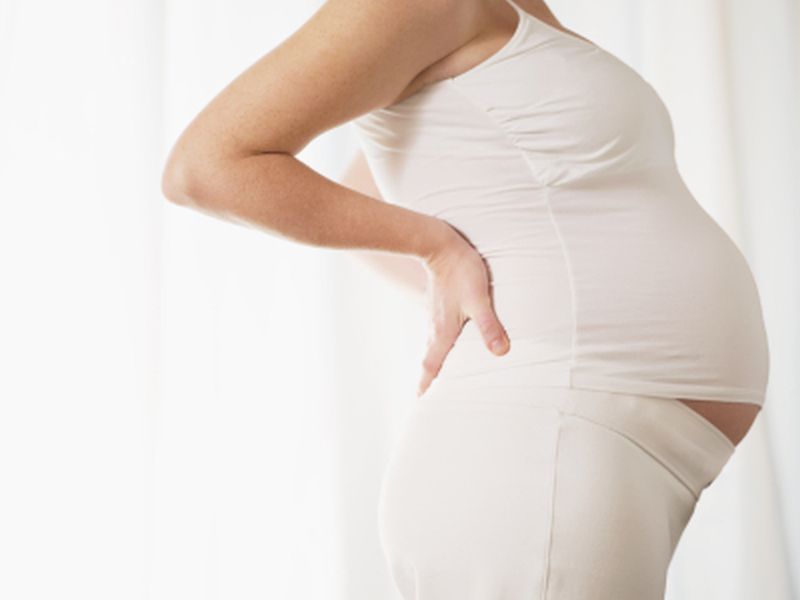High Levels of Estrogen in Womb Might Raise Autism Risk
By E.J. MundellHealthDay Reporter

MONDAY, July 29, 2019 (HealthDay News) -- New British research is bolstering the theory that elevated levels of sex hormones in the uterus could play a role in autism risk.
Prior studies had already implicated higher uterine concentrations of male sex hormones -- androgens -- in increasing the odds for an autism spectrum disorder, noted a team led by Simon Baron-Cohen. He directs the Autism Research Center at the University of Cambridge.
That prior finding might help explain why autism is so much more prevalent in boys than girls.
However, the latest research from the Cambridge team suggests that exposure to high levels of estrogen hormones in the womb might also raise the odds for autism.
In the new study, Baron-Cohen and his colleagues tested samples of amniotic fluid from 98 individuals sampled by the Danish Biobank, a repository of amniotic samples from more than 100,000 pregnancies.
The 98 individuals went on to develop an autism spectrum disorder.
The researchers looked specifically at amniotic levels of four different estrogen-like hormones.
The investigators compared levels for the 98 people with autism against those from amniotic samples of 177 people who did not have the disorder. This time, Baron-Cohen's group found an even stronger relationship to autism than was seen with high levels of male sex hormones.
"This new finding supports the idea that increased prenatal sex steroid hormones are one of the potential causes for the condition," Baron-Cohen said in a university news release. "Genetics is well established as another [cause], and these hormones likely interact with genetic factors to affect the developing fetal brain."
Dr. Ruth Milanaik is an autism expert who directs the neonatal neurodevelopmental follow-up program at Cohen Children's Medical Center, in New Hyde Park, N.Y. Reviewing the new findings, she agreed that there is probably no single cause for autism.
"This is a strong study that brings us a step closer to understanding the roots of this issue, but by all means [it is] not a definitive cause," Milanaik said. "Further research is needed in all areas in order to fully understand the implications of these findings."
For his part, Baron-Cohen stressed that testing uterine hormone levels in pregnancy to gauge future autism risk is not the goal here.
"We are interested in understanding autism, not preventing it," he said, adding that the findings shouldn't be used to develop such a screening test.
In fact, it's not yet even clear what might cause sex hormone levels to rise in the womb, the researchers said.
According to study co-author Alex Tsompanidis, a graduate student at Cambridge, "These elevated hormones could be coming from the mother, the baby or the placenta. Our next step should be to study all these possible sources and how they interact during pregnancy."
The findings were published online July 29 in Molecular Psychiatry.
More information
The U.S. Centers for Disease Control and Prevention has more on autism.

The news stories provided in Health News and our Health-E News Newsletter are a service of the nationally syndicated HealthDay® news and information company. Stories refer to national trends and breaking health news, and are not necessarily indicative of or always supported by our facility and providers. This information is provided for informational and educational purposes only, and is not intended to be a substitute for medical advice, diagnosis, or treatment.

